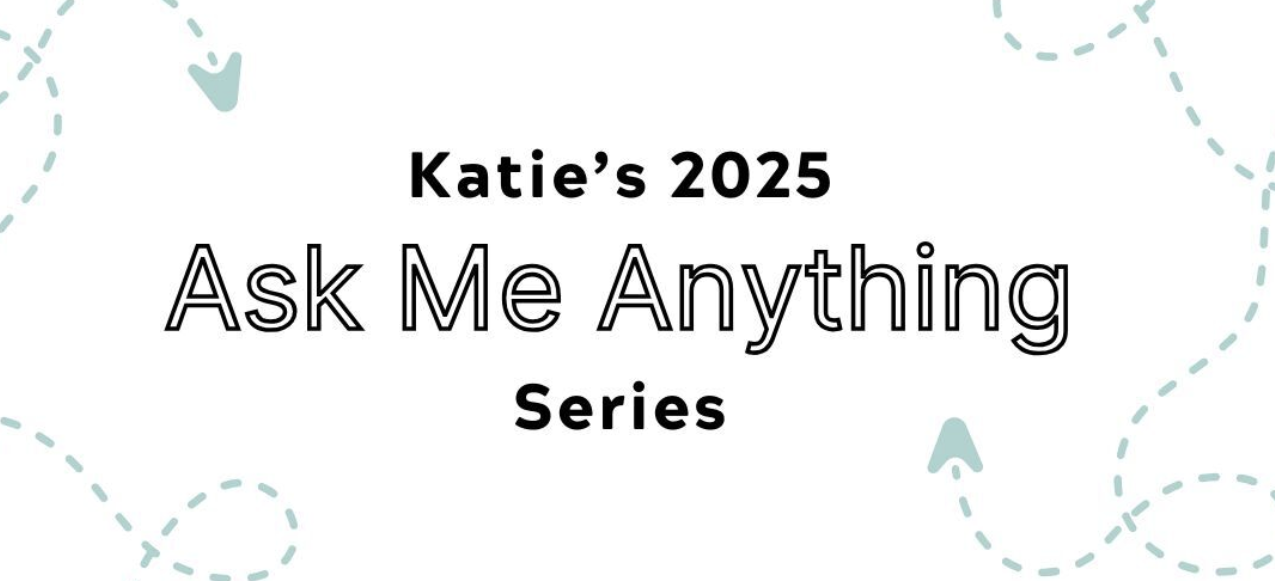Reading is a large part of my life. I use books to learn, to relax, to get energized or motivated, and to escape. I also use books to think about my own career development, what I want to do in the future, and how to up my game in my current work.
Last year, I read 120 books including fiction and non-fiction, some for fun and some for professional development. Here are five of the professional development books that I’m still thinking about:
The Checklist Manifesto by Atul Gawande
As a list-making enthusiast, this book was a no-brainer for my to-read pile. I was prepared to like it, but I wasn’t prepared to learn so much about making complicated tasks simple. Gawande includes a lot of information in this book about pairing down the most nuanced steps (from surgery preparation to landing a crashing plane) and it was inspiring to see how the most difficult challenges can be broken down into manageable pieces. I would also recommend Gawande’s Being Mortal, which I also read last year.
So Good They Can’t Ignore You by Cal Newport
Cal Newport does an excellent job of placing you in the driver’s seat of your own career and professional development. I appreciated his argument that you can control the unique skill sets that you develop and those skills sets can make you uniquely qualified — and almost irreplaceable — when designed intentionally and purposefully. Newport also has a new book out called Deep Work that is on this year’s to-read list.
What Got You Here Won’t Get You There by Marshall Goldsmith
This has become one of my favorite self-coaching books. I first read it a couple of years ago, but then revisited it last year on audio book. This is a book that encourages you to look to the future, to plan ahead, and to realize that your current skill set may not be enough to get you where you want to go. Although some might be overwhelmed by the idea of constant improvement, this is a book that realistically describes (with lots of case studies and examples) why embracing a strategy of life-long learning will be beneficial to your career.
Syllabus: Notes from an Accidental Professor by Lynda Barry
I read this book right after moving across the country to start a new job. My brain was overwhelmed with settling into a new place and with all of the small and large things that come with establishing yourself in a new professional role. Barry’s Syllabus allowed me to slow down and reflect on another person’s process of creativity. Full of writing exercises and creativity prompts, I found Barry’s book to be refreshing — I enjoyed reading about her passion for helping unsure writers and creatives find their voice.
Better Than Before by Gretchen Rubin
I read this book while conducting a week-long series of workshops for a university in Iowa and I couldn’t stop talking about it to everyone I encountered. Rubin’s framework of accountability — that people fall into four main personalities of upholder, questioner, obliger, and rebel — was incredibly eye-opening for me. It’s helped me better understand myself and to engage more effectively in both personal and professional relationships. Rubin also hosts a popular podcast, Happier, where she frequently talks about components of the book.
To think on:
- Do you ever take time to reflect on what you’ve previously read and how it’s still impacting you months, or even years, later?
- What have you read recently, fiction or non-fiction, that you’re still pondering, processing, and thinking about?



